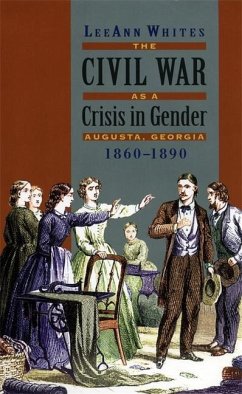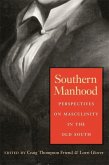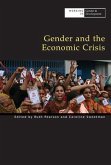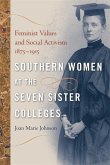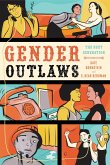The ordering principle of gender roles and relations in the antebellum South, says LeeAnn Whites, was a form of privileged white male identity against which others in that society were measured and accorded worth and meaning -- women, children, and slaves. Over the course of the Civil War the power of these men to so construct their world all but vanished, while Confederate women were steadily -- and ambivalently -- empowered. Whites focuses on Augusta, Georgia, to follow these events as they were played out in individuals' lives. Drawing on such primary sources as private family papers and census data, Whites traces the interplay of power and subordination and self-interest and loyalty as she discusses topics related to the gender crisis in Augusta. Whites concludes with an account of how elite white Augustans "reconstructed" themselves in the postwar years, seeking to restore a patriarchy -- however attenuated -- that would deflect the class strains caused by industrial development while maintaining what it could of the old southern gender and racial order.
Hinweis: Dieser Artikel kann nur an eine deutsche Lieferadresse ausgeliefert werden.
Hinweis: Dieser Artikel kann nur an eine deutsche Lieferadresse ausgeliefert werden.

